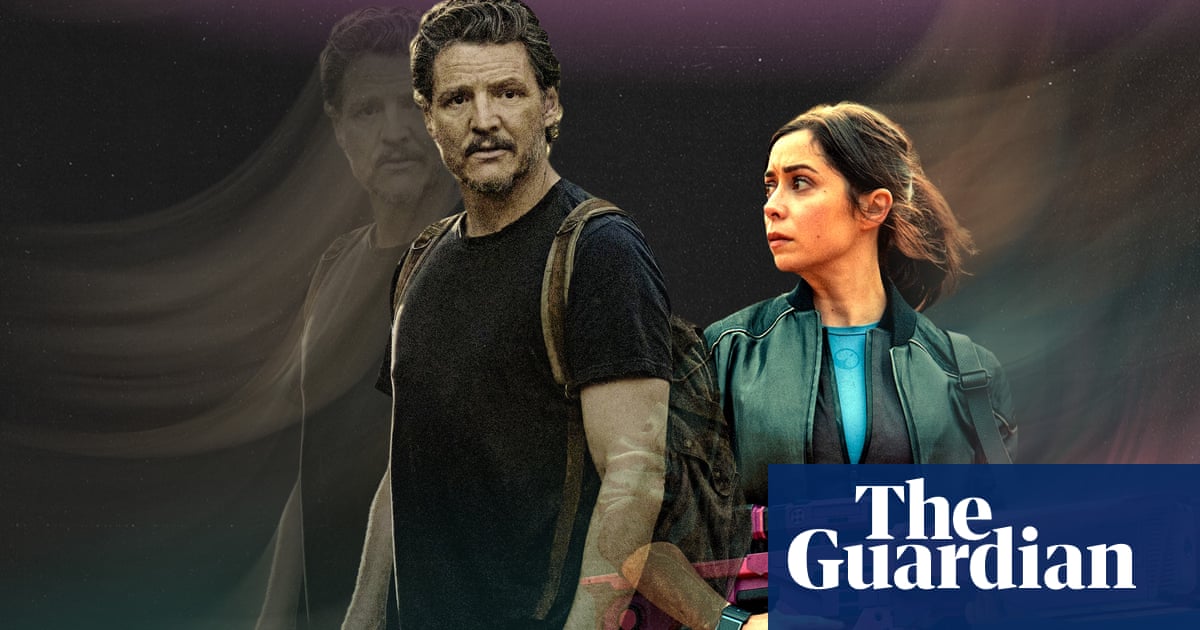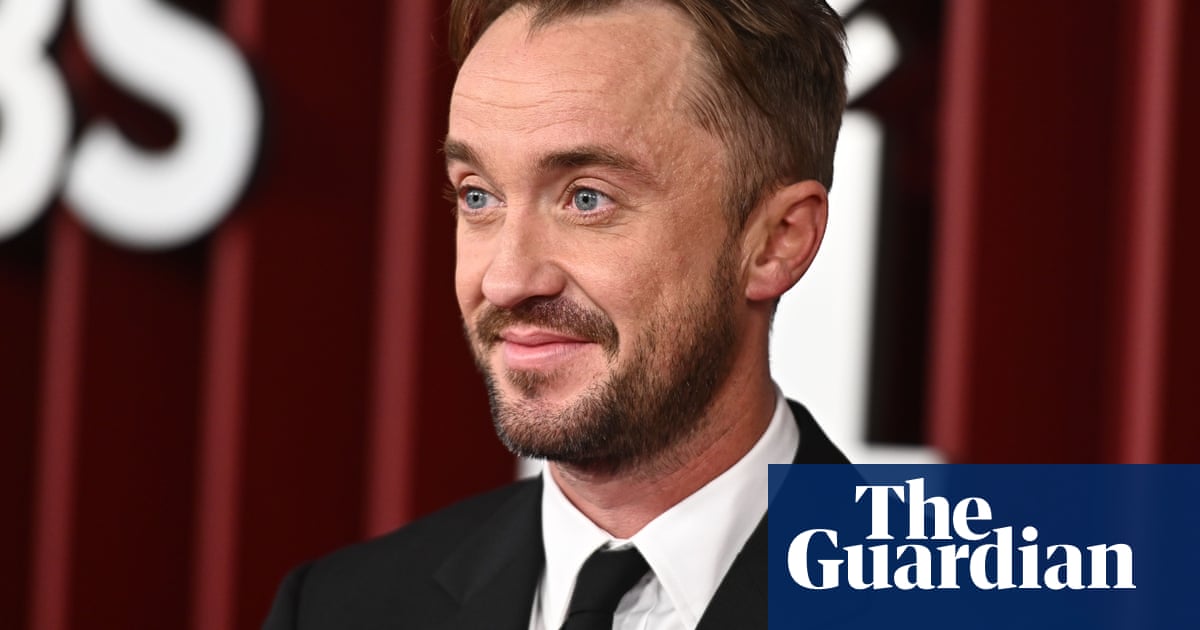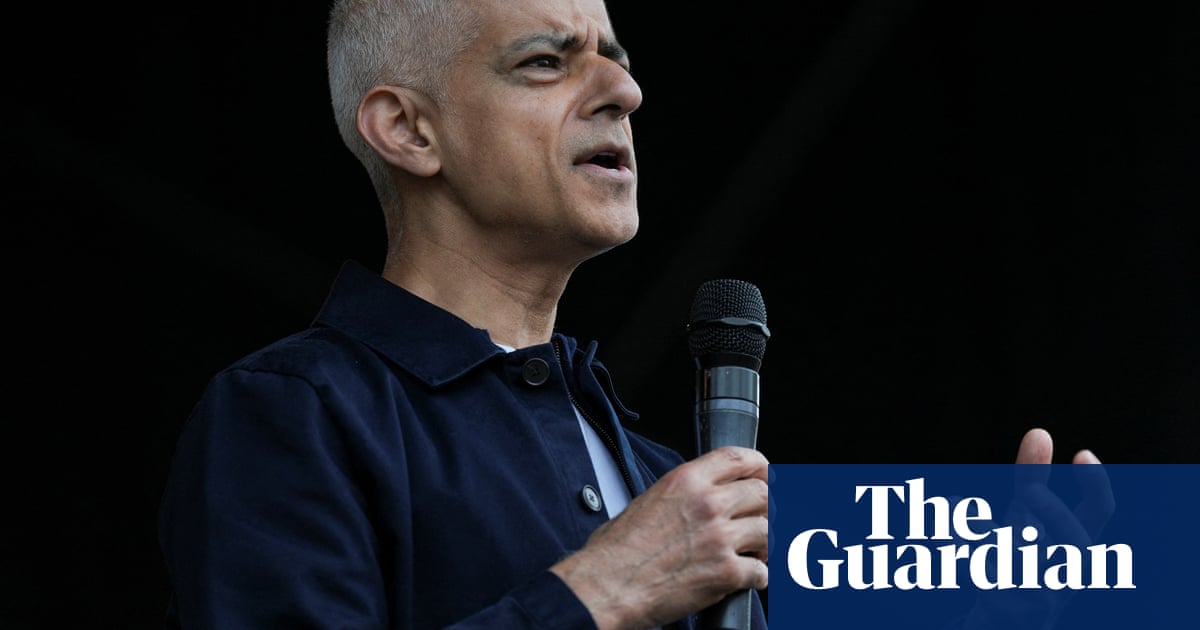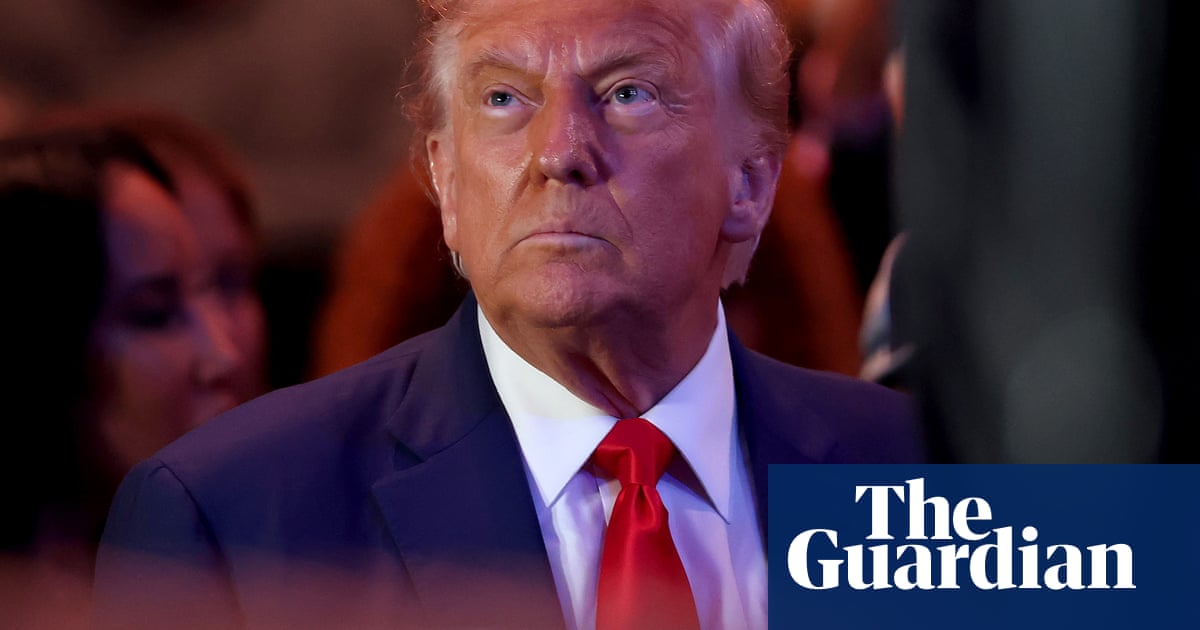For decades, movies and TV shows that feature the president of the United States as a character have tried, often playfully, to keep pace with the headlines. Sometimes they even managed to move a little faster than real-life progress; Morgan Freeman was chosen to lead the nation in Deep Impact a decade before the election of Barack Obama, and plenty of women have occupied the on-screen Oval Office, anticipating a glass-ceiling break that has yet to actually happen.
So at first, the new Netflix series Zero Day comes across like a slightly and understandably mistimed attempt at topicality by focusing on George Mullen (Robert De Niro), a former US president known for bipartisan cooperation, who only served one term before stepping down to deal with the death of his son, and who later works closely with the current president, Evelyn Mitchell (Angela Bassett), a woman of color. The show may have been anticipating a Kamala Harris/Joe Biden dynamic that never quite came to fruition, but on the other hand, Zero Day started filming in 2023, well before Harris replaced Biden on the Democratic ticket in summer 2024, so maybe it should get points for prescience anyway.
What the show can’t get any points for, however, is constructing a coherent political reality out of our world’s spare parts.
Because while Roland Emmerich movies like Independence Day, with its vaguely Clintonesque Bill Pullman, or White House Down, with Jamie Foxx standing in for Obama, use the presidency to inject some winking currency into silly action movies, Zero Day purports to have more on its mind, as it compulsively collects and remixes moments from 21st-century US politics, nominally to construct a grownup political thriller. The show’s major incident is, essentially, a digital 9/11: a cross-platform cyber-attack that hacks enough systems to leave thousands dead (the initial estimate of 3,000 even manages to match 9/11 to a queasy T).
In response, President Mitchell forms a commission involving Patriot Act-like surrender of civil liberties, and appoints Mullen to run it. He has misgivings about the level of power the government is flexing, but takes the job assuming that he will personally be well-equipped to serve as a check on that power. To this early-2000s scenario, the show adds Mullen’s wife Sheila (Joan Allen), a judge with her eye on the second circuit court of Appeals (shades of Hillary Clinton’s post-first lady political career), and the couple’s daughter Alexandra (Lizzy Caplan), a New York City congresswoman with leftist bona fides – yes, Netflix has summoned its vast money and other resources to bring us a white AOC. The show also casts Dan Stevens as a strident, self-styled pundit who tonally sounds like Tucker Carlson but engages in some horseshoe-theory quasi-leftist conspiracy theorizing, too; and Gaby Hoffmann as a gender-swapped tech-bro CEO who – does this count as a spoiler? – turns out to have some nefarious connections to the bad guys.
There’s nothing necessarily wrong with pastiche, of course. Yet in the post-2016 years, there’s an increasing sense that Hollywood’s attempts at political thrillers like Zero Day are frantically collecting signifiers without having the faintest idea of how to convincingly imitate a reality they might have once inhabited effortlessly. Zero Day’s creators Eric Newman (of the various Narcos series), Noah Oppenheim (who has extensive experience at NBC News), and Michael Schmidt (a New York Times journalist) have an embarrassing idea of what will endear their lead character to viewers immediately: Mullen, whose political party is improbably never identified, shows his natural leadership by taking command of an unruly crowd yelling random talking points. He unites them all by using – get this – generic commonsense we’re-all-Americans rhetoric that somehow gets everyone cheering together inside of two minutes. He might as well be talking to the protesters in that Pepsi ad with Kylie Jenner from some years back.
The show’s shamelessness and borderline insane attempt to locate an ideological dead center doesn’t stop there. The funniest and most presumptuous moment may be when Hoffman’s tech CEO, faced with federal agents knocking on the door to her compound after her connections to the attack are discovered, takes to a live stream in an attempt to make it seem as if the feds are overreaching to silence her. Panicked and cornered, she implores her many followers to … call their local representatives! This is a show where even the most manipulative bad guys believe heartily in the democratic process. The moment also functions as foreshadowing for when – spoilers ahead for anyone who still wants to behold the flabby pacing and ridiculous cliches for themselves – the conspiracy behind the attack is revealed to involve high-level election officials from both sides of the aisle. Yes, both parties (again, implied but not actually named!) have teamed up to commit deadly cyberterrorism in an attempt to unite the country and “cut off the fringe on both sides”. Natural-born centrist Mullen triumphs, then, by out-centering the centrists. It’s that classic tale of radical centrism at odds with regular centrism. In this alternate universe, radical ideology doesn’t really exist; it’s just an abstract nuisance that can be vaguely blamed on a few media figures and the idea of divisiveness.

Worse, a storyline that initially looks like the core of Zero Day has a more powerful and still headline-derived simplicity: Mullen, called back into public service, has been privately experiencing what may be symptoms of dementia. But are his disorientation, forgetfulness and hallucinations part of a stressed mind failing him, shadowy forces gaslighting him, or some other form of surveillance-state nightmare? This storyline could use a Biden-inspired character as a clever way into a genuinely paranoid and contemporary political thriller, perfect for an environment in which healthcare advances have allowed many politicians to linger in their jobs some two decades past retirement age – and opposition to extremism, knotted together with a lust for power, keeps some at their jobs for way too long. It’s topical about six different ways, with plenty of opportunity for entertaining heightening.
But that doesn’t seem to be enough for this show, which bafflingly sidelines that part of Mullen’s story at its convenience, in favor of a story about how the suspension of civil liberties threatens to draw Mullen’s honorable centrism into a quagmire. (They ultimately don’t, because … he’s allowed?) The show seems to almost revel in its own flailing – and it’s not the only quasi-political product of the season to twist in the winds of 2025. This quarter’s big Marvel movie Captain America: Brave New World attempts to return to the style of the beloved Captain America: The Winter Soldier (itself already a fun, lightweight, comic-book-y version of those films) while also taking even greater pains to avoid even a hint of a political position. (Apparently the film-makers consider having a Black Captain America political – which is to say, controversy-generating among the dumbest 5% of the internet – enough.) When the movie’s president of the United States morphs from cranky senior citizen imprisoning a Black man for a recent attack into a gigantic, ruddy rage-monster, it’s apparently important that the material resist any kind of metaphor or real-life parallel. After the requisite action sequence, Bad President is stopped, he graciously accepts a prison sentence, and even begins to mend his personal relationships.
There will always be movies and TV shows that end more happily and more easily than real life, of course. Entertainment is allowed to deliver stories that don’t end in a radical call to arms. But these projects lack insight into real-life people, and the imagination to think up new ones. What exactly is the point of a political thriller built on some delusional fantasy-baseball version of real-life figures, or one where no characters have any real discernible beliefs beyond being pro-justice? The particular fantasy ginned up by Zero Day and the new Captain America, minus any kind of provocation or point, is more about normalcy briefly disrupted, rather than permanently altered. Or, more disturbing, it’s about a normalcy that cannot, shall not, never will be altered. It will come entertainingly close, but the center, quite literally, will hold. The most authentic paranoia these projects can produce is the suspicion that they exist to provide utterly faulty reassurance of an annihilated status quo.

 3 months ago
48
3 months ago
48

















































